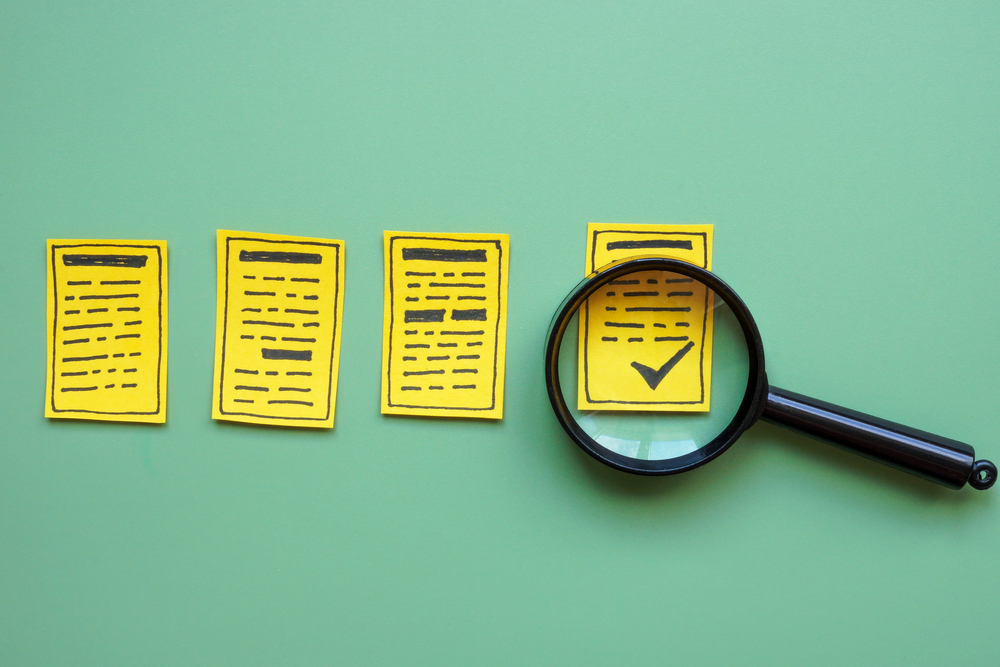Roger was at a business conference last week with his co-worker Sam, who decided to take a few of his subordinates out for an evening of entertainment not sanctioned by the company. The next day, as Sam was preparing to submit his receipts for his expense report, Roger noticed he was submitting the receipts for the prior night’s activities. More importantly, Roger noticed that Sam’s description on the receipts was inaccurate. Sam flat-out lied on his expense report.
Roger wondered what would be the ethical thing to do. On one hand, he could ignore what he saw, rationalizing that it was not his business. On the other, he could confront Sam, encouraging him to reconsider his choice. Or, Roger could comply with the company’s guidelines and report the ethical lapse.
The question isn’t what Roger did—it’s “What would you do?”
If you chose the third option, you would be labeled a “whistleblower.” “Snitch,” “tattletale” and other negative words from childhood come to mind when earning this undesirable nickname. But if your company or association is committed to creating a culture of ethical behavior, the term “whistleblower” is often the key to ethical success.
Statistics indicate that 42% of the time, someone “tipping off” an employer is the No. 1 way companies maintain ethics and prevent fraud. Most are amazed that the numbers are so high. All too often, we want to look the other way, or fear confronting those committing ethical blunders. It’s easy to understand the hesitancy; many of us are afraid to rock the boat. But we often fail to realize that the person committing an ethical blunder is putting the company in danger. So how do we create a culture of ethical actions?
-
Recognize that unethical choices never start large. The “Unethical Continuum” is a natural progression of what many call a slippery slope of human action. This progression allows small infractions to go unnoticed or unreported until the day people or companies are in the midst of a full-fledged ethics disaster. Sam didn’t “intend” to act unethically; he felt he was doing the right thing by treating his subordinates to something beyond the norm at the company function. His challenge was figuring out who would be responsible for the expense. The challenge with his ethical choice was a common problem: rationalization.
-
Understand the three components of human behavior that lead to ethical lapses. When someone makes a choice, three components typically come together that allow it: need, opportunity and rationalization. While employers have little control of an individual’s need, they do have some control over the opportunity to make ethical choices and the ways in which someone might rationalize their behavior.
-
Be clear about what ethical behavior looks like. Large companies develop clearly drafted ethics and compliance policies that employees are expected to understand and follow. The smaller the company, the less likely there will be a clearly written ethics policy. But large or small, the challenge for all companies is to communicate what is acceptable and unacceptable. Creating an ethics policy and training employees accordingly are keys to exposing rationalization and improving ethical behavior.
-
Train, train, train! Let’s be honest: most ethics training is boring. It centers on the rules and never gets to the heart of what motivates human behavior. Frankly, if we don’t understand what starts folks on that slippery slope downward into the unethical realm, we miss the opportunity to change behavior before it is too late. Effective training should move beyond the ethics policy to cover why people make unethical choices; what can be done to prevent unethical choices; and what motivates behavior. Telling someone what to do is far less effective than helping them see the value in consistently making ethical choices.
-
Encourage accountability. What keeps people between the ethical lines is shared accountability. Employees must have not only the road signs (ethics policy), but also the practical means to correct behavior.
While “whistleblower” carries a negative connotation, the reality is that someone who cares enough to call foul on unethical actions is one of the most valuable assets an organization has. Perhaps it’s time to replace the word “whistleblower” with “ethical partner.”
Chuck Gallagher is president of the Ethics Resource Group and an international expert in business ethics.










